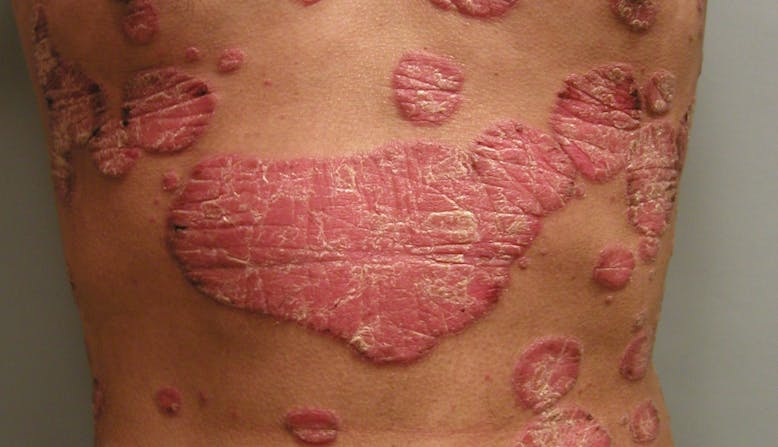Understanding Psoriasis: Causes, Symptoms, and Treatment
By Laburrie Beauty

What is Psoriasis?
Psoriasis is a chronic autoimmune condition that causes the rapid buildup of skin cells. This buildup leads to scaling on the skin's surface, which can be itchy and painful. Psoriasis typically affects the elbows, knees, scalp, and lower back.
Causes of Psoriasis
The exact cause of psoriasis is unknown, but it is believed to be related to an immune system problem that causes the skin to regenerate at a faster rate than usual. Common triggers include:
- Genetics: A family history of psoriasis increases the risk.
- Infections: Certain infections, such as strep throat, can trigger psoriasis.
- Stress: Stress can trigger or worsen psoriasis.
- Injury to the Skin: Cuts, scrapes, or severe sunburn can trigger a psoriasis outbreak.
- Weather: Cold, dry weather can exacerbate symptoms.
Symptoms of Psoriasis
Common symptoms of psoriasis include:
- Red Patches of Skin: These patches are covered with thick, silvery scales.
- Dry, Cracked Skin: The skin may bleed or become itchy.
- Itching and Burning: The affected areas can be intensely itchy or sore.
- Thickened or Ridged Nails: Psoriasis can affect the nails, causing them to become thickened or ridged.
- Swollen and Stiff Joints: In some cases, psoriasis is associated with psoriatic arthritis.
Treatment Options
Treatment for psoriasis aims to stop skin cells from growing so quickly and to remove scales. Common options include:
- Topical Treatments: Corticosteroids, vitamin D analogues, and retinoids are commonly used.
- Light Therapy: Phototherapy involves exposing the skin to ultraviolet light under medical supervision.
- Systemic Medications: Oral or injected medications that affect the entire body may be prescribed for severe cases.
- Biologic Drugs: These drugs target specific parts of the immune system.
"Managing psoriasis involves a comprehensive approach, including medication, lifestyle changes, and regular consultations with a healthcare provider." - Dr. John Doe, Dermatologist
Prevention Tips
While psoriasis cannot be entirely prevented, managing triggers and maintaining a healthy lifestyle can help reduce flare-ups:
- Keep your skin moisturized to prevent dryness.
- Avoid known triggers, such as stress and infections.
- Follow a healthy diet rich in anti-inflammatory foods.
- Practice good skin care, including using gentle products.
- Stay active and maintain a healthy weight.
- Manage stress through activities like yoga, meditation, and exercise.
